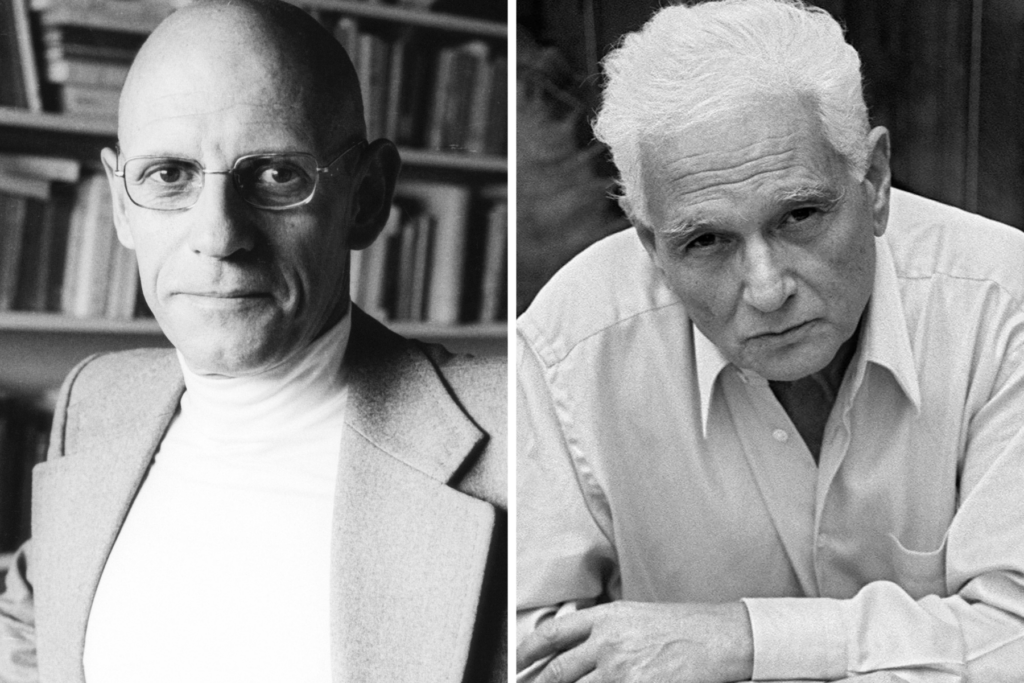
Postmodernism over a pint: QA interview with Warwick George, doctor of history
Warwick George received his PhD in 2024, specialising in Church history. Prior to this, he had received two bachelor's degrees in theology and history respectively. A working class gentleman, a colleague, and a good friend, he is currently employed as a porter in St Richard hospital in Chichester. I joined him over a pint, or six, to discuss postmodernism - a school of philosophy originating from the mid 20th century and popularised in academic circles in the 1980s.
What are your general understandings of postmodernism and opinions of it?
My general opinion is negative, having looked into it. I was around in the 1980s in university when it was a thing. It didn't make sense then, it doesn't make sense now. I understand it broadly as a rejection of enlightenment principles of empowering the uneducated with education, the unhealthy with health, on the basis that they identify enlightenment beliefs with the reason for WW2 and the holocaust.
Starting at the foundations, what are the differences between poststructuralism and postmodernism?
Postmodernism is a rejection of enlightenment principles of empiricism and rationalism; that because of this, there is scepticism of considering there to be a right way of government. Poststructuralism is a little bit more obscure because it says absolutely that there is no truth, there is no right way to govern - democratic principles aren't the "correct" way because it is a value judgement to consider them the right way. As I say, in France though, they are the same thing.
Why did it originate in France specifically?
Well you have to factor in the influence of Charles De Gaulle. Effectively, much like Franco in Spain, he suppressed democratic development much like the Soviet Union in Eastern Europe. They were both colonial governors in the empires they lost. As a rebellion against that, you can understand why academics in the 1960s wanted to reject things that we now accept as commonplace. But, Foucault is a pervert and Derrida didn't understand the truth if it ran him over in the street.
So you definitely would say postmodernism is a reaction to authoritarian, greatly centralised governments?
Yeah, that's what triggered it. It's actually a restatement of subjectivism. This is what annoys me about it, it's rejecting the enlightenment yet it's an absolute restatement of subjectivism. The chief proponent being a man called George Berkeley, he was the bishop of Dublin. This is what Kant rejected 30 years later; that all ideas of truth, justice and reality exist only within your head, and this (postmodernism) is just a restatement of that, half of the enlightenment that had already been refuted by Kant later on. Yet, they're critical of the same people who said what they believe two hundred years before them.
Despite your opinions of the movement, do you believe there is sincerity to the positions held by its supporters?
Yes, I do. We're now a second or third generation from the movement's origins. These are positions now held by people absolutely sincerely, but these people have never looked into it themselves.


0 Comments Add a Comment?